Singapore’s move to raise property taxes is aimed at cooling the island nation’s hot housing market. There are growing concerns that the influx of wealthy Singaporeans will affect the affordability of local residents and Singapore’s competitiveness.
Specifically, the Singapore government will increase taxes on second home buyers and foreigners buying private real estate. For foreigners buying houses, the tax rate will double from 30% to 60%.
The new tax rate takes effect from April 27, according to a joint statement by the Ministry of Finance , Ministry of National Development and the Singapore Regulatory Authority.
Singapore’s property sector has remained buoyant while other countries have faced a slowdown amid rising interest rates and inflation. The boost has been partly driven by an influx of money, especially from wealthy Chinese. A shortage of supply and rising construction costs during the Covid-19 pandemic have also pushed up prices and rents, raising concerns about a widening gap between rich and poor.
Brandon Lee, an analyst at Citigroup, said that although market participants had expected the Singapore government to increase taxes on foreign property purchases, the increase from 30% to 60% was still shocking and difficult for home buyers.
Singapore previously raised taxes in December 2021 and tightened home loan limits in September last year. While these moves were designed to moderate the market, property prices showed signs of rebounding in the first quarter of 2023 as demand recovered. Earlier this year, the Singapore government also raised taxes on luxury property buyers.
"There is huge demand for residential housing among local residents, while the market is seeing renewed interest from domestic and foreign investors. If left unchecked, prices could run ahead of economic fundamentals, with the risk of prices rising further relative to incomes," the government said.
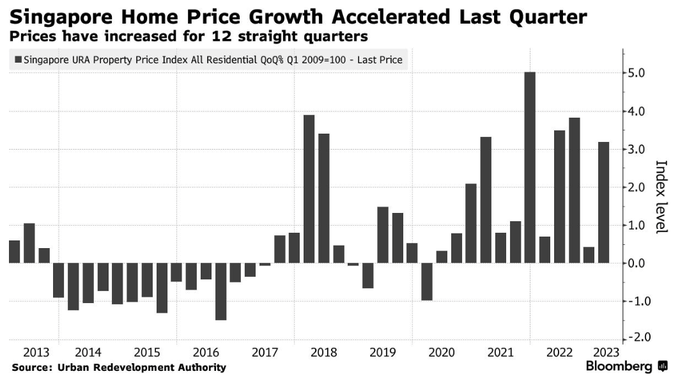
House prices in Singapore increased sharply by 3.2% in the first quarter of 2023 (Photo: Bloomberg).
Citigroup forecasts that home price growth will slow in the next few quarters, but only by about 2% at most, which is unlikely to rebalance the market. Home prices rose 3.2% in the first quarter of this year.
While many other countries have seen a sluggish real estate market due to rising interest rates and inflation, Singapore has seen the opposite trend thanks to strong foreign capital inflows, especially from China.
Not only is the demand for buying real estate increasing, but the rental real estate market is also very hot. Singapore surpassed New York and took the top spot in terms of rental real estate growth rate in the fourth quarter of 2022, according to Knight Frank data.
Source










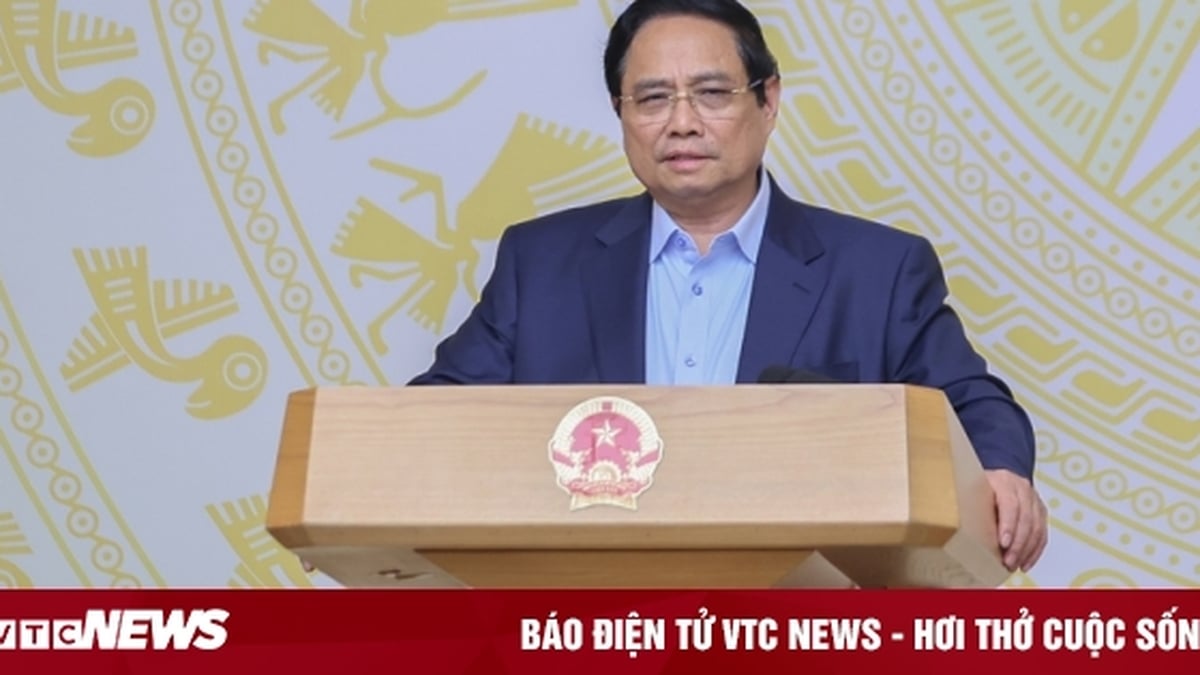











































![[Maritime News] Two Evergreen ships in a row: More than 50 containers fell into the sea](https://vphoto.vietnam.vn/thumb/402x226/vietnam/resource/IMAGE/2025/8/4/7c4aab5ced9d4b0e893092ffc2be8327)




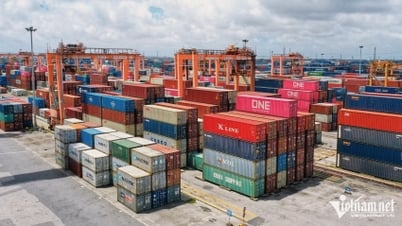



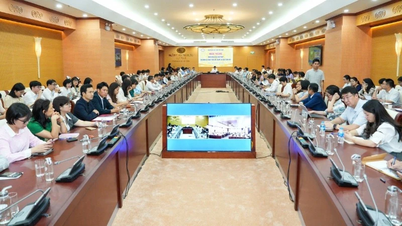

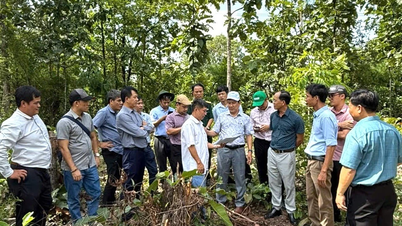


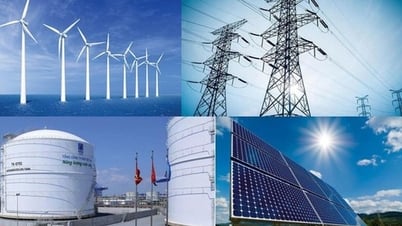






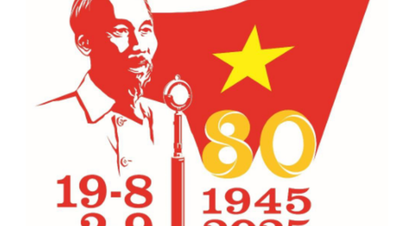

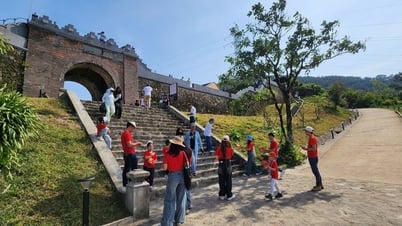



















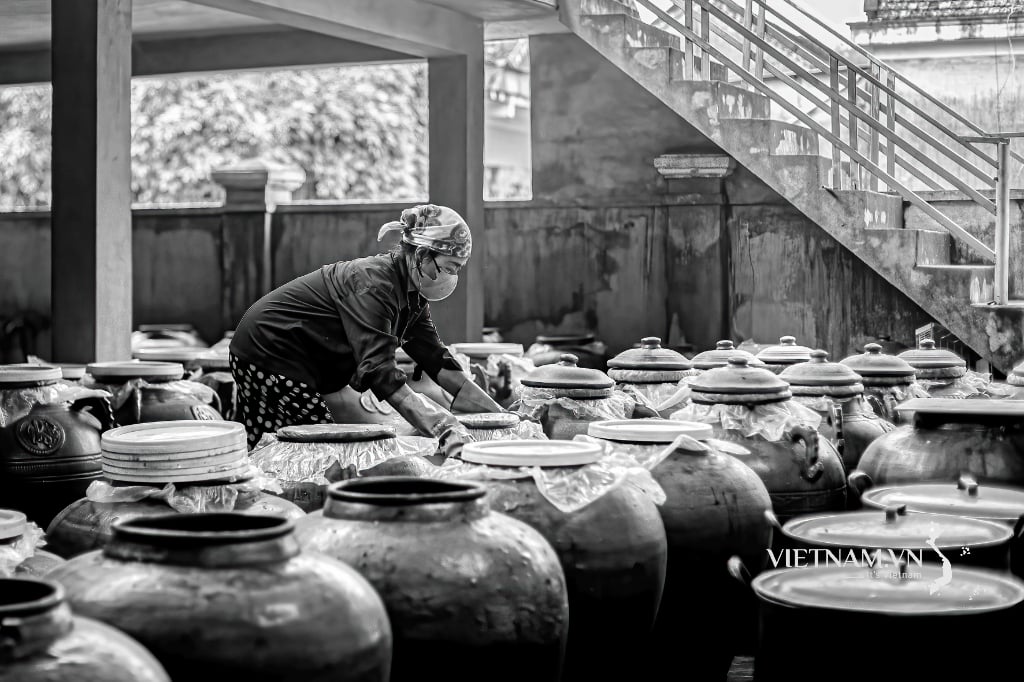
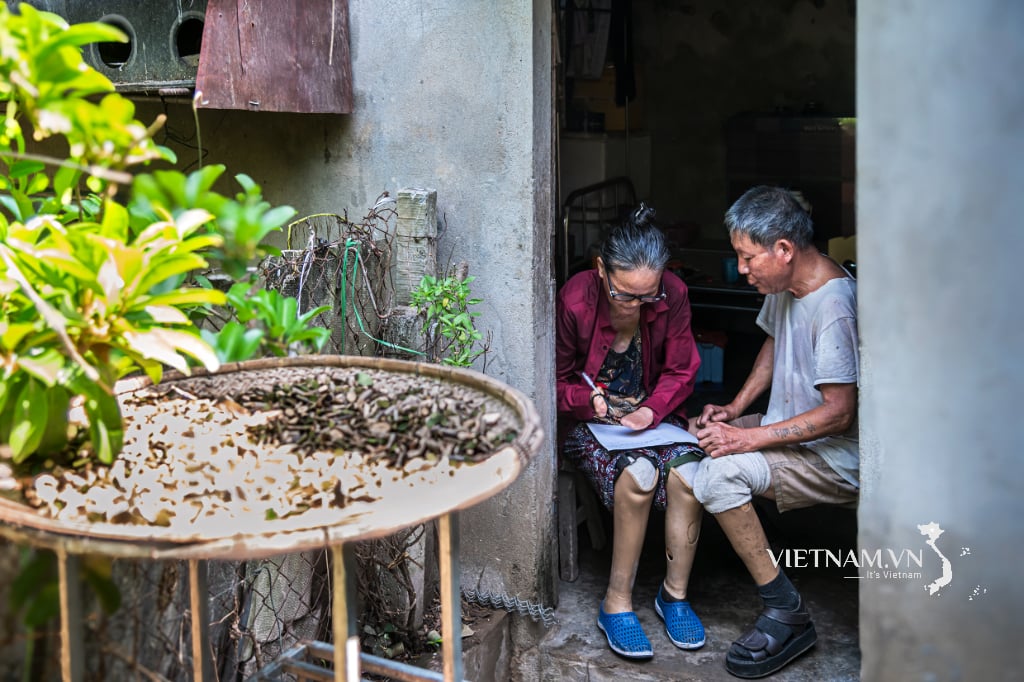
Comment (0)